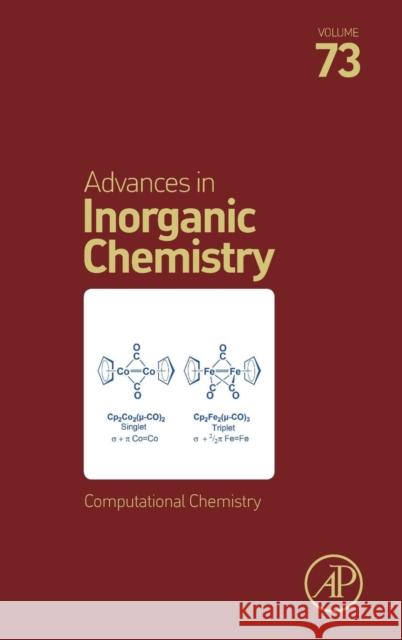Computational Chemistry: Volume 73 » książka
topmenu
Computational Chemistry: Volume 73
ISBN-13: 9780128157282 / Angielski / Twarda / 2019 / 558 str.
Kategorie:
Kategorie BISAC:
Wydawca:
Academic Press
Seria wydawnicza:
Język:
Angielski
ISBN-13:
9780128157282
Rok wydania:
2019
Numer serii:
000031173
Ilość stron:
558
Waga:
0.90 kg
Wymiary:
22.91 x 15.19 x 3.02
Oprawa:
Twarda
Wolumenów:
01











